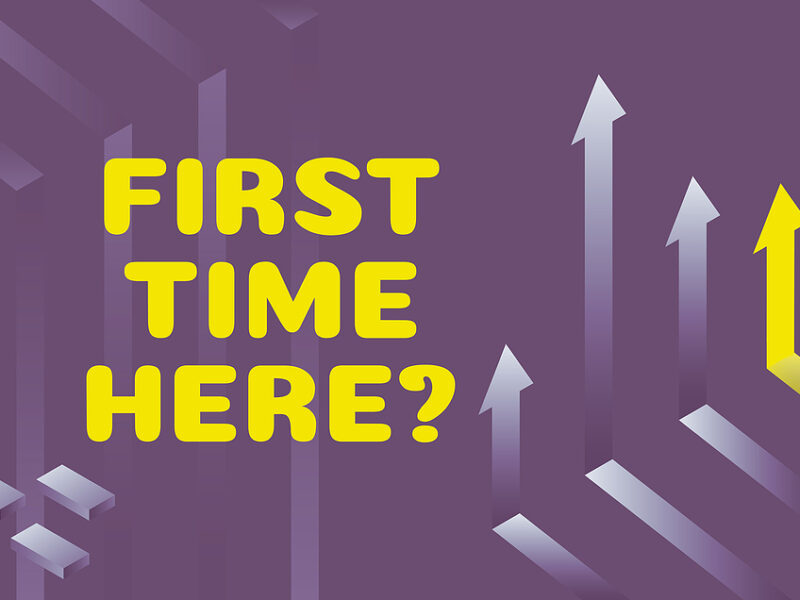When I attended my first writers conference, I wasn’t really sure what to expect. In 2017, a mentor author awarded me a scholarship, purchasing my ticket to the Speak Up Conference with Carol Kent. I had never written an article, much less had any idea how to begin the process of writing a book. In my limited understanding, someone who was interested in writing a book just had to sit down in a quiet space, brain-dump every thought they had on a particular subject onto the page, and then organize these thoughts into something resembling a legible format. I know. I was a little naïve and a little silly at the beginning. I had never heard the word “platform” and had no concept of how to construct a book proposal. I found myself completely inexperienced, and it showed. Ultimately, some of the greatest benefits of writers conferences are the people you’ll meet while you learn all about the business side of this work.
Before you head off to your writers conferences this year, here are a few helpful tips I wish I knew from the start.
Do your homework. Take a moment to discover what the conference offers and what tools, if any, you’ll need to get the most out of your experience. Some conferences offer peer-to-peer writing groups or 15-minute, one-on-one appointments. Visit the conference website and search out what you can expect in attending. Prepare your one-sheet, your business cards, and even have a copy of your working proposal on hand.
Develop your 30-second elevator pitch. While at an in-person conference event, writers have a multitude of opportunities to connect with other writers, agents, and editors. Don’t miss an opportunity to share more about who you are and what you do with the right people. A 30-second elevator pitch includes:
- Who you are, what you do, and what you want to achieve.
- Your core conviction regarding what you’re writing.
- Your skills and credentials to write on this topic.
- Your belief about the impact of your book.
Here’s an example. “My name is Megan Brown. I’m a seasoned military spouse, mother of four, and military missionary. I believe God is in fierce pursuit of the military community, and He has called me to serve Him in sharing the gospel with today’s warrior class. I’ve been a military missionary for ten years and have graduated with two degrees: a bachelor’s degree in ministry leadership with a focus in women’s ministry and theology, along with a master’s degree in Global Ministry Design, from Moody Bible Institute. Mobilizing the U.S. Armed Forces for the gospel could be a catalyst for worldwide revival, and I’m writing resources to equip this community to carry the redemptive story of Jesus to the four corners.
Decide to be intentional with your time. One of my favorite things about writers conferences is the “happenstance” meetings on the fly. Between walking from one workshop to the next or at shared meals, I have found the connections made in the spaces between have been beyond life-giving. During these “in-between” spaces, be mindful of who is at the table or who is walking beside you.
Pay attention to the others at the table. Listen. Learn. Be willing to be invested in the people God has placed in your path. Don’t forget. It’s the people to your right and left who have the potential to create an impact on your writing career.



 Impossible Books
Impossible Books

The tide, it rushes to and fro,
and then pauses to eat
to give each wavelet chance to know
the ripple it might meet,
‘fore tidal forces part again
these newfound friends in spume,
and will each perhaps remember when
they splashed through that same room?
No business cards salt-kissed with foam
will later jog the mind
on return to estuarine home
as much as being kind
and showing in sincerity
how much this meeting means to thee.
Where do I find the mentor author Megan mentions in this article?
How can I contact Megan?